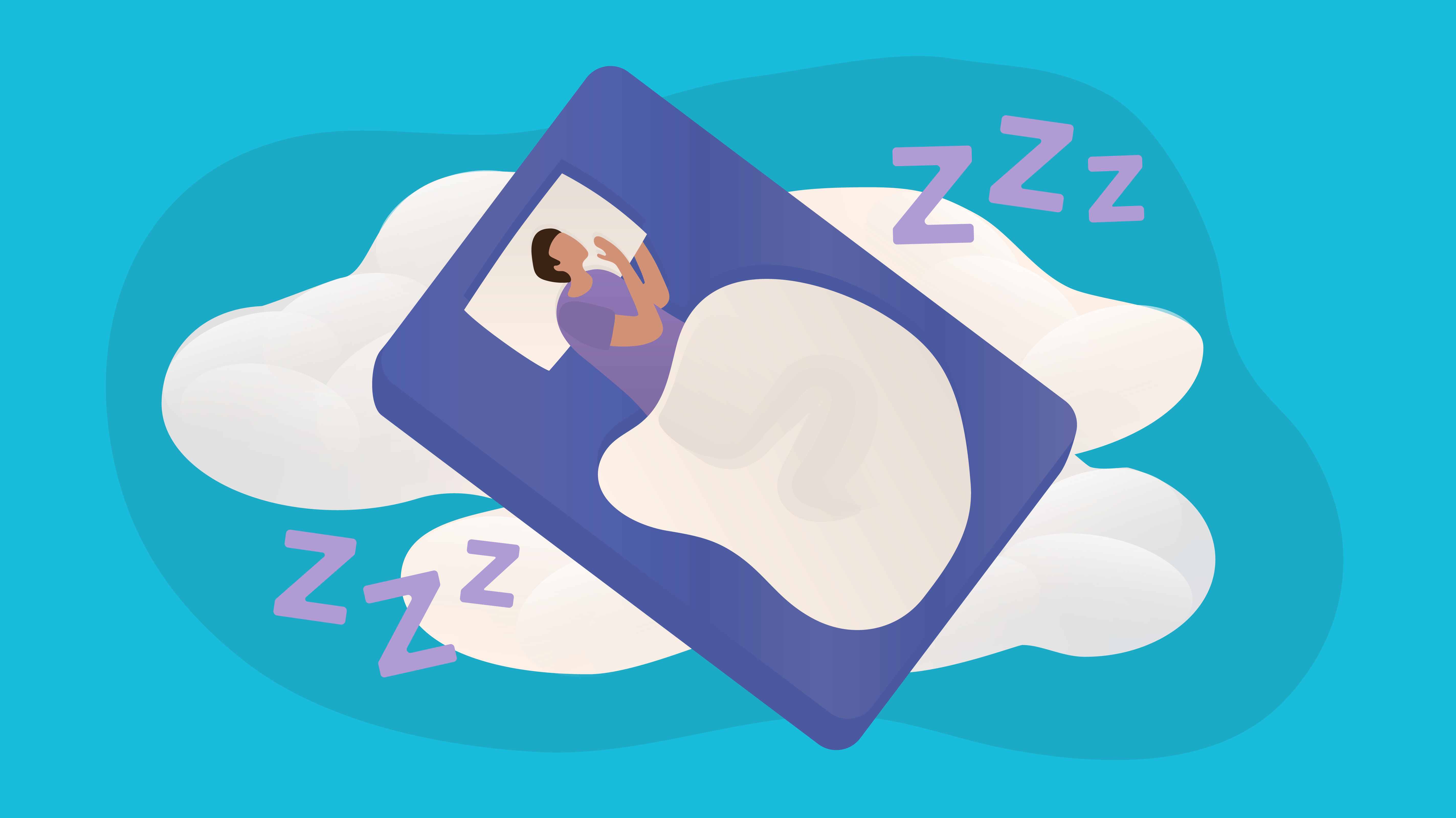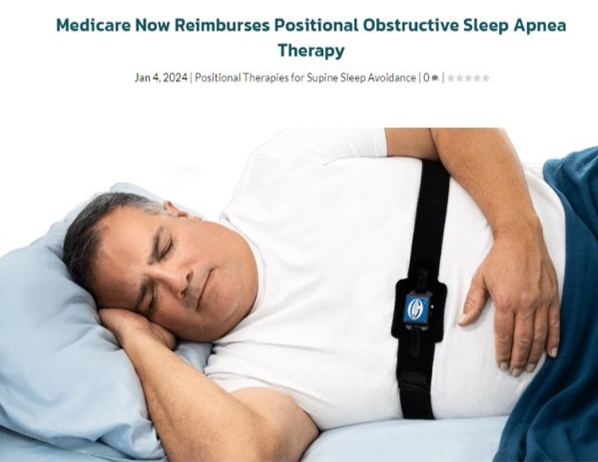Comprehensive Sleep Disorder Treatment - Discover the most effective Solutions
Comprehensive Sleep Disorder Treatment - Discover the most effective Solutions
Blog Article
Effective Therapy Solutions for Handling Sleep Disorders and Enhancing Relaxed Rest
In the world of healthcare, the monitoring of sleep conditions and the mission for restful rest are crucial elements of overall health. As we browse the complex landscape of rest problems and seek to enhance our rest experience, a deeper understanding of these therapy remedies may hold the trick to unlocking an extra rejuvenating and fulfilling corrective journey.
Cognitive Behavioral Therapy for Sleep Problems (CBT-I)
Cognitive Behavior Treatment for Insomnia (CBT-I) is a structured, evidence-based therapy method that concentrates on resolving the hidden aspects adding to rest disturbances. This type of therapy aims to change actions and ideas that exacerbate sleeplessness, inevitably promoting healthy rest patterns. CBT-I commonly includes numerous essential parts, including cognitive treatment, rest limitation, stimulation control, and sleep hygiene education and learning.
Cognitive therapy helps people recognize and transform negative thought patterns and beliefs about sleep that might be hindering their ability to drop or remain asleep. Rest limitation involves restricting the quantity of time spent in bed to match the individual's actual sleep duration, consequently enhancing sleep effectiveness (insomnia counseling). Stimulus control techniques aid establish a solid organization between the bed and sleep by motivating individuals to head to bed only when sleepy and to avoid taking part in boosting activities in bed
Furthermore, sleep health education and learning focuses on developing healthy and balanced sleep routines, such as maintaining a regular sleep timetable, producing a relaxing bedtime regimen, and optimizing the rest environment. By addressing these factors adequately, CBT-I uses an efficient non-pharmacological intervention for taking care of sleep problems and boosting general sleep top quality.
Rest Health Practices
Having developed the structure of cognitive restructuring and behavioral alterations in attending to insomnia with Cognitive Behavioral Therapy for Sleep Problems (CBT-I), the focus now moves in the direction of exploring crucial Sleep Hygiene Practices for maintaining optimal sleep high quality and total well-being.
Sleep health techniques incorporate a variety of routines and ecological factors that can substantially influence one's ability to sleep and remain asleep throughout the night. Consistent rest and wake times, developing a relaxing going to bed regimen, and enhancing the rest environment by keeping it dark, peaceful, and cool are crucial elements of great rest hygiene. Limiting exposure to displays prior to bedtime, avoiding energizers like caffeine near bedtime, and involving in regular physical activity during the day can additionally promote far better sleep top quality.
In addition, exercising leisure methods such as deep breathing exercises or meditation prior to bed can aid soothe the mind and prepare the body for sleep. By integrating these sleep hygiene practices right into one's everyday routine, people can establish a healthy rest pattern that supports restful rest and general well-being.
Relaxation Strategies and Mindfulness
Implementing leisure strategies and mindfulness techniques can play a critical function in fostering a sense of tranquility and advertising quality rest. sleep disorder treatment. These techniques intend to quiet the mind, decrease stress, and produce an optimal setting for relaxing sleep. One widely exercised approach is deep breathing exercises, where individuals focus on sluggish, deep breaths to unwind the mind and body. Progressive muscle relaxation includes tensing and then launching each muscle mass group, advertising physical relaxation. Additionally, guided images can help transport people to a relaxed place in their minds, assisting in stress reduction and enhancing sleep high quality.
By integrating these practices right into a bedtime routine, people can indicate to their bodies that it is time to relax and prepare for rest. On the whole, incorporating leisure strategies and mindfulness methods can substantially contribute to managing rest conditions and enhancing total rest high quality.

Medication Options for Rest Disorders
After exploring relaxation strategies and mindfulness practices as non-pharmacological treatments for improving sleep top quality, it is necessary to take into consideration medicine choices for individuals with rest conditions. In cases where way of living adjustments and therapy do not supply enough alleviation, medicine can be a beneficial device in taking care of rest disruptions.
Frequently recommended medications for rest problems consist of benzodiazepines, non-benzodiazepine hypnotics, antidepressants, and melatonin receptor agonists. Antidepressants, such as trazodone, can be useful for individuals with co-occurring clinical depression and sleep disruptions - insomnia Continued solutions.
It is vital for individuals to seek advice from with a doctor to identify one of the most suitable drug option based upon their specific rest disorder and medical background.
Light Therapy for Circadian Rhythm Guideline
Light therapy, additionally recognized as photo-therapy, is a non-invasive therapy approach utilized to regulate circadian rhythms and enhance sleep-wake cycles. This treatment entails exposure to brilliant light that simulates natural sunshine, which assists to reset the body's body clock. By revealing individuals to specific wavelengths of light, commonly in the early morning or night depending on the wanted impact, light therapy can effectively adjust the body clock to promote wakefulness throughout the day and boost relaxing sleep in the evening.
Study has shown that light therapy can be especially advantageous for individuals with body clock problems, such as postponed rest phase syndrome or jet lag. It can also be valuable for those experiencing seasonal affective problem (SAD), a sort of anxiety that commonly occurs during the winter season when all-natural light exposure is lowered. Light treatment is generally well-tolerated and can be used along with other treatment methods for More hints sleep conditions to enhance end results and boost total rest top quality.
Verdict
Finally, effective therapy options for taking care of rest conditions and boosting peaceful sleep consist of Cognitive Behavioral Therapy for Sleeping Disorders (CBT-I), sleep health techniques, leisure methods and mindfulness, drug choices, and light therapy for body clock policy. These approaches can assist people boost their sleep high quality and total wellness. It is essential to seek advice from a doctor to establish the most suitable approach for resolving rest problems.
As we navigate the detailed landscape of sleep disorders and look for to improve our sleep experience, a much deeper understanding of these therapy solutions might hold the secret to unlocking an extra refreshing and satisfying restorative trip.
Sleep limitation entails restricting the amount visit our website of time invested in bed to match the individual's real sleep period, thus increasing rest efficiency. Consistent sleep and wake times, producing a relaxing bedtime regimen, and optimizing the sleep setting by keeping it dark, peaceful, and cool are important components of great sleep health. Light treatment is normally well-tolerated and can be made use of in combination with other therapy methods for rest conditions to optimize results and boost general rest top quality.

Report this page